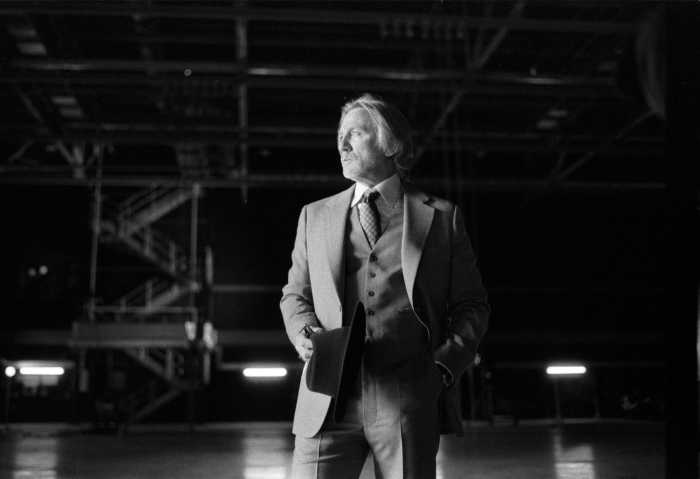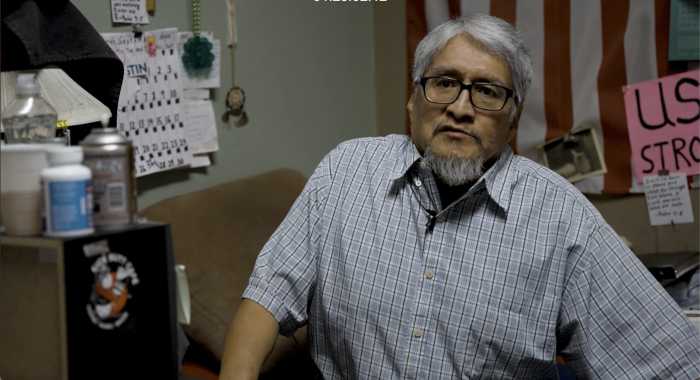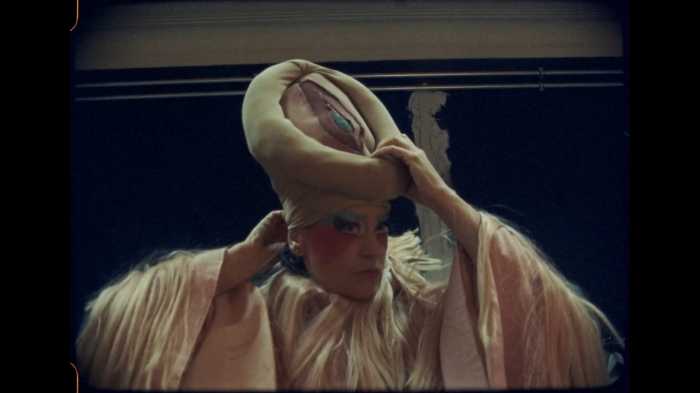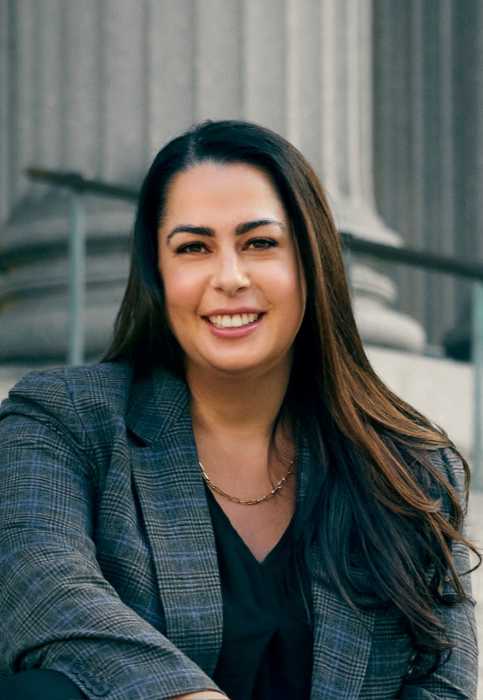Earnest bio-doc strains to capture Paul Goodman’s unconventional brilliance
“Paul Goodman Changed My Life,” a documentary at times dry and surprisingly conventional given its iconoclastic and fascinating subject, could have been titled “Paul Goodman Changed Many Lives.” The film opens with friends, colleagues, students, and critics recounting their impressions of a man whom William F. Buckley, Jr. described as “a pacifist, bisexualist… anarchist, and a few other things.”
Goodman, who died in 1972 at the age of 60, was, in fact, all those things and a few others. He was a political radical and the “philosopher of the New Left.” The late Susan Sontag is seen in an interview describing him as “a gadfly, a poet, [a writer of] fiction, plays, and essays…. a moralist… a practicing lay psychologist… and a professional outsider.” She said, “He was hard to classify” and “all over the place.”
“Paul Goodman Changed My Life” is all over the place, too. Jonathan Lee’s documentary hopscotches around Goodman’s work and life to chronicle this intellectual giant’s growth and influence. There are stories of him growing up fatherless, not getting a fellowship for grad school, and getting fired from Black Mountain College, a mid-century experiment in progressive education located in North Carolina. He published a landmark book on the soullessness of postwar consumer life, “Growing Up Absurd,” that became a cultural touchstone for mid-‘60s young people, as well as texts on urban studies and education. A good part of his life was devoted to psychology and Gestalt Therapy, a movement he co-founded. One of the most poignant sections, late in the film, involves the untimely death of his son.
Unfortunately, Goodman seems almost too big a subject for the director to wrap his head around. Lee celebrates Goodman’s unique approach to his life and work, which was starkly at odds with convention. However, the scenes of Goodman giving speeches and being interviewed communicate his energy and ideas better than any of the reminiscences by the film’s talking heads. While there are excellent uses of photographs and archival footage, some of them — such as clips of Martin Luther King talking about “Growing Up Absurd” or a throwaway line in Woody Allen’s “Annie Hall” — fail to illuminate anything about Goodman other than that he developed a famous reputation.
Goodman’s poetry and writing are featured prominently, sometimes narrated by folks like Edmund White and Garrison Keillor. Writer Jerl Surratt asserts that Goodman’s poems “dealt with homosexuality in such a frank way… it was shocking,” and the film explores the influence Goodman’s work had on other poets, including Frank O’Hara, who was 15 years his junior. Ned Rorem says that Goodman’s openness about his sexuality helped him, but he is more impassioned in talking about how well suited Goodman’s poetry was for being set to song, a pursuit for which the composer is renowned.
A good chunk of the film is dedicated to Goodman’s bisexually, which many in his life viewed as full of contradictions. He remained married even as he frequently picked up boys. In an interview, his widow, Sally, asked if she was permitted to have affairs as well, responds, “Absolutely not,” a double standard that made her “mad.” Her husband, she reveals, also cheated at croquet.
Goodman’s late son’s girlfriend says that so many years later she is still irked that the first time she met Goodman he was more interested in the handsome male companion he picked up on a plane than in his son and her. In one account, Goodman “made passes at a soldier and his wife,” for which he was beaten up. It is unclear, however, which advance got him in trouble. “Paul Goodman Changed My Life,” is full of such ambiguity.
Other anecdotes in the film seem more salacious than enlightening. Judith Malina, co-founder of Manhattan’s experimental Living Theatre, insists that Goodman would give “his best heart and his best ideas” even to a stranger he met for a quick blowjob.
If there were people in Goodman’s life who rejected him because of his sexual behavior, his politics often made him the object of hate. The FBI had him under surveillance for his anti-Vietnam protests and presence at draft card burnings. We learn that Goodman’s daughter worried about all this, but the specific impact of such official harassment is left unexplored.
“Paul Goodman Changed My Life,” may prompt viewers to read and learn more about this remarkable man who lived life on his own terms. Although almost everyone interviewed in the film recalls Goodman fondly, the overall feeling it leaves about its subject is more lukewarm that the filmmaker likely intended. Given that Goodman changed so many lives, another of his other admirers might have chosen a more pointed approach to this complex intellectual.
Essentials:
PAUL GOODMAN CHANGED MY LIFE
Directed by Jonathan Lee
Zeitgeist Films
Opens Oct. 19
Film Forum
209 W. Houston St.



































